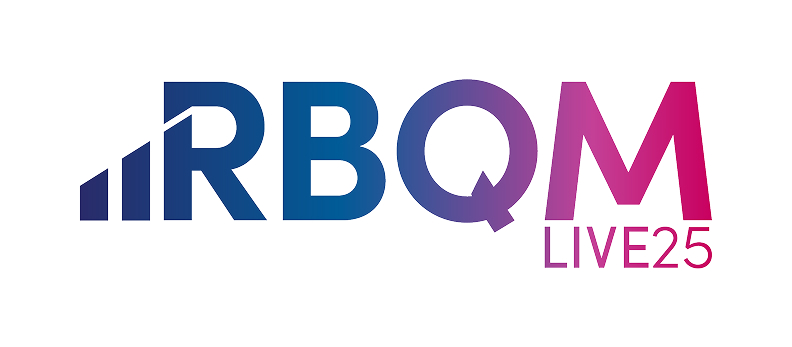You can outsource the work, but you can’t outsource the responsibility – so should you outsource Risk-Based Quality Management (RBQM)? It’s a question pharma companies are increasingly asking themselves as the industry continues to adopt this new efficient way of working.
Here, Rick Ward, Senior Vice President at CluePoints, talks us through the key considerations and explains how organizations can have 100% control over data quality without compromising on technological capability.
Why adopt RBQM?
With regulators including the FDA, MHRA, and EMA backing the use of risk based monitoring in clinical trials, pharma is in the grip of a (r)evolution.
A key component of RBQM is Centralized Statistical Monitoring (CSM) – a method that enhances, or in some cases replaces, traditional retrospective source data verification (SDV). Centralized monitoring leverages statistical algorithms that analyze data in near real-time as it accumulates. It works by focusing sponsor oversight on preventing or mitigating significant and likely risks to clinical data quality and integrity.
By remotely assessing variables and identifying abnormal patterns and statistical outliers, it empowers study teams to investigate potential issues mid-trial and take early, corrective action without interrupting study conduct. This enhances or replaces existing processes, allowing all stakeholders, whether on the Sponsor or CRO side, to focus their efforts and expertise on what matters most and to do so in a timely manner.
In this way, RBQM has been proven during the last dozen years to drive better data quality while protecting data integrity and participant safety. What’s more, the approach can significantly shorten the time it takes to develop a new product and bring it to market.
For all these reasons and more, organizations are increasingly looking to implement quality management system models across their research portfolios and asking: to outsource or not to outsource?
RBQM is a business-critical function
Pharma, like most industries, is subject to the “outsourcing pendulum.”
Over the last few decades, the trend has continuously swung between predominantly using outside companies or bringing almost everything in-house. But one element that has remained consistent throughout has been the need to keep complete control of the functions that keep the company viable.
For pharma, data management is quite obviously a business-critical function. Without reliable, accurate clinical trial data, studies fail, drug pipelines stop flowing, and new business grinds to a halt. Consequently, maintaining control is paramount.
Data quality is a core competency
A recent Forbes article on the topic states that it would be a significant mistake to outsource anything related to the core competencies of an organization.
It advises: “For example, if training for your resources is fundamental and critical to the growth of your business and for distinguishing your business from your competitors, having your resources trained by an external company could impact the mission and vision of your organization.”
The question is, then, is data quality a core competency? Many would argue that it is.
High data quality is the backbone of high-quality research, and pharma companies stand or fall on the success of their clinical trials. So if data isn’t a core competency, it should be.
Companies need to keep data quality in the controlled environment
Ultimately, the buck for data quality stops with your organization.
The pharma company, not the CRO, will feel the adverse effects of safety concerns or incomplete data at submission – because, in the eyes of regulators, responsibility resides with the sponsor, not the service provider. This is not to say that CROs will not play an essential role in supporting RBQM across the industry. Many leading CROs are partnering with CluePoints from a technology perspective and then contributing additional value by supporting pharma clients with strategic planning, change management, and expert core staffing requirements related to the adoption of risk based quality management systems.
Overcoming technological barriers
Of course, one extremely valid reason to outsource RBQM activities would be a lack of in-house technology tools – it’s fair to say that pharma’s skills lie in developing innovative, life-changing medicines, not in developing advanced software.
But companies like CluePoints can provide the tools and work closely with in-house teams to support successful risk based monitoring in clinical trials. We can train your teams (including the extended CRO ‘team’), and we can report to appropriate management, including those responsible for investigation and site oversight, in a timely manner to enable effective review and follow up.
This collaborative approach offers companies the best of both worlds: 100% control over the business-critical resource of data and access to the most advanced, sophisticated RBQM tools on the market.




